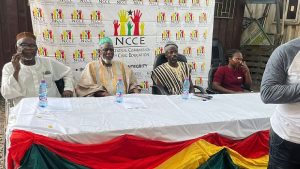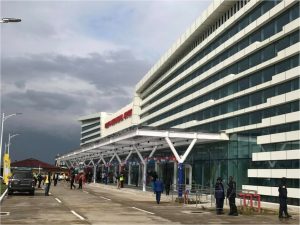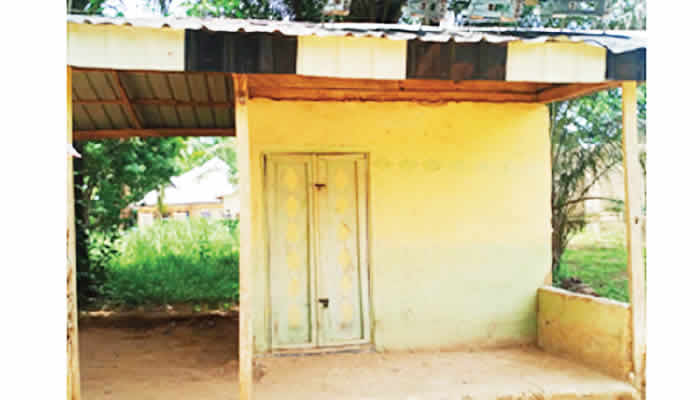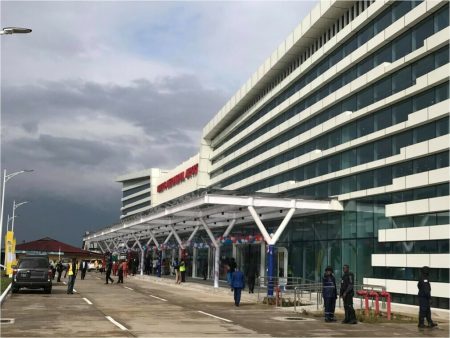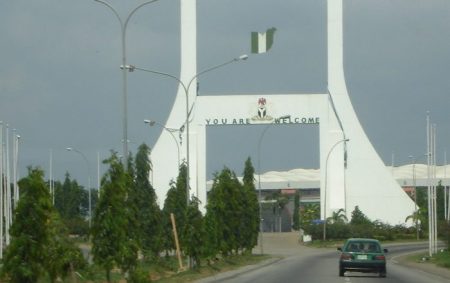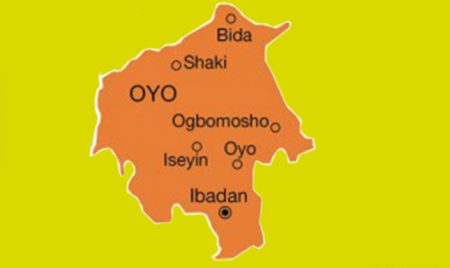The Ebonyi State Health Insurance Agency (EBSHIA), designed to provide affordable healthcare to residents, is facing serious allegations of extortion by some officials at Primary Health Care centers (PHCs). Despite numerous medical outreaches offering free services like malaria and typhoid treatment, HIV screening, and maternal and child health services, several residents claim they are still being charged for these services, even after enrolling in the insurance scheme. This has led to widespread distrust and skepticism about the program’s efficacy, with some labeling it a “scam.” The accusations paint a picture of systemic exploitation at the grassroots level, undermining the very purpose of the health insurance initiative.
The alleged extortion takes various forms, including charging for services that should be free under the insurance plan, demanding payment for child immunization, and imposing fees for childbirth at MDG facilities. Residents from several communities, including Ogagbi, Ndufu Echara, Item Amagu, and Odomowo Inyimegu, have shared similar experiences of being forced to pay for services despite possessing EBSHIA cards. This suggests a pattern of malpractice that transcends individual PHCs and points to a potentially wider problem within the system. While the officer-in-charge of one implicated facility denies these claims, insisting that charges only apply to non-card holders and are minimal, the sheer number of corroborating accounts from residents raises serious doubts about the veracity of her denial.
Adding further weight to the allegations, a healthcare worker, speaking anonymously, confirmed that mothers often request immediate immunization for their children during outreaches to avoid being charged at the PHCs. This indicates a clear awareness among community members of the prevalent practice of illicit charges, highlighting the disconnect between the advertised benefits of the insurance scheme and the reality on the ground. The problem extends beyond Ikwo LGA, suggesting a systemic issue across various regions. The EBSHIA’s established mechanism for reporting such infractions, while theoretically sound, is rendered ineffective by poor communication networks in rural communities. This lack of access to reliable communication channels creates a barrier for residents seeking redress and perpetuates the cycle of exploitation.
Dr. Divine Igwe, the Executive Secretary of EBSHIA, acknowledges the existence of “pockets of irregularities” within the system. He emphasizes the ongoing efforts to combat corruption and extortion, assuring that the agency is not passive in the face of these challenges. He highlights the introduction of new ID cards containing contact information for reporting malpractice and the suspension of several facilities based on verified reports. However, he also raises the question of whether residents are utilizing the available reporting channels effectively, suggesting a degree of responsibility lies with the community to bring these issues to light. The inherent challenge lies in the difficulty of monitoring activities in remote areas and ensuring compliance with the zero-tolerance policy.
The crux of the problem lies in the stark contrast between policy and practice. While EBSHIA maintains a zero-tolerance policy for unofficial charges, the continued reports from rural areas demonstrate a clear failure in implementation. This gap between intention and reality underscores the urgent need for strengthened oversight, improved communication channels, and increased community awareness campaigns to combat the deep-rooted problem of extortion. The challenge for EBSHIA is to translate its zero-tolerance policy into tangible action at the grassroots level, ensuring that the intended beneficiaries of the health insurance scheme actually receive the promised services without being subjected to illegal charges.
Ultimately, the success of the EBSHIA hinges on its ability to address these fundamental issues. Effective enforcement of the zero-tolerance policy requires a multi-pronged approach that involves not only reactive measures like facility suspensions but also proactive strategies like regular monitoring, robust investigation procedures, and community engagement to foster a culture of transparency and accountability. Furthermore, addressing the communication barriers in rural areas is critical for empowering residents to report malpractice and hold healthcare providers accountable. Only through such concerted efforts can EBSHIA bridge the gap between policy and practice and build the trust necessary for the insurance scheme to truly serve its intended purpose.



